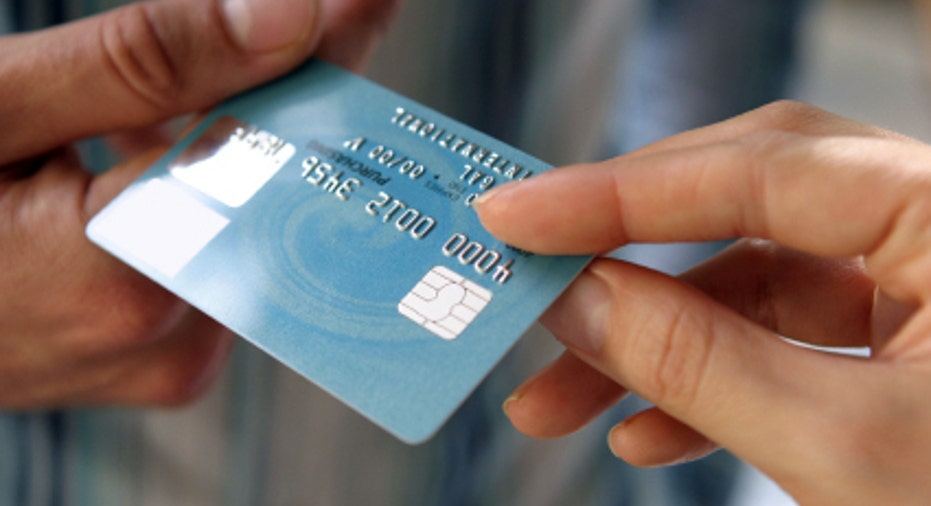First Credit Card Rules of the Road

Dear Opening Credits,
Hello Erica! I'm a 21-year-old college student with a part-time job and a roommate. I was just approved for my first credit card. At first, I was really excited, this being my next big step into adulthood and all. Now I'm just scared. I've seen and heard horror stories about credit cards turning ugly, and although I'm very financially responsible, I feel as though using a credit card is like playing a game with difficult and rigid rules. My questions are: 1) how should I go about making payments? My mom says to make a payment immediately after making a purchase, and I feel as though that defeats the purpose of a credit card, and 2) should I make minimum payments on big purchases or pay the entire balance off as I don't buy things without first having the money in my checking account. I've had friends tell me to make the minimum payments, but paying 20% in interest rates seems not only stupid, but unacceptable, and 3) if I go a month without making a purchases on my card, will my score be affected?
- Alexandria
Dear Alexandria,
There most certainly are reasons to be wary of credit cards! They include the ability to overcharge and wind up in horrible debt, then experience credit damage that can last for years. If you charge with that new card of yours incorrectly, the horror stories you heard of may indeed come true. So don't use them that way.
You are also right in that there are guidelines to the credit card game. To win, you must know, respect and follow them. So here are the answers to your questions:
- Choose the right payment option. You actually have a couple of good ways to pay. One is to charge what you want for the month, then wait and pay by the due date. The advantage: You give yourself about 30 days to scramble up the money. But as mom rightly pointed out, the other way is to pay for each charge as soon as you make it. This method can help you establish a habit of never charging more than you can afford. Try both types for a few payment cycles to see what works best for you.
- Only carry a balance when you have a plan. Never send just the minimum requested payment! It's almost always best to pay in full. When you don't, interest will be added to the balances and debt can get out of hand. However, if you want to buy something expensive and then spread the cost in a few installments (never more than six months, as credit cards are not for long-term financing) that can make sense. Just develop a controlled payoff plan and stick to it.
- Use your card regularly. Just having a credit card isn't enough to create a credit history. You'll need to take it out and charge with it at least a couple of times a month. When you do that and then pay off what you buy, you'll be proving to other banks and businesses that you're a responsible borrower. The effect: Your credit score will climb and the interest rates on future cards and loans will be more favorable.
Those aren't the only tips for sound credit management. Here are a couple more that are equally important:
- Keep your credit safe and private. Do not let anyone use your credit card, and make sure you always know where it is.
- Check your statements often. Make a routine of checking your credit card statements. Log on to your credit card company's website to read over your charging history. This way you'll always know what your balance is and will be able to spot errors or evidence of fraud quickly.
It's that simple, Alexandria: Play by these rules and you'll come out the victor.



















